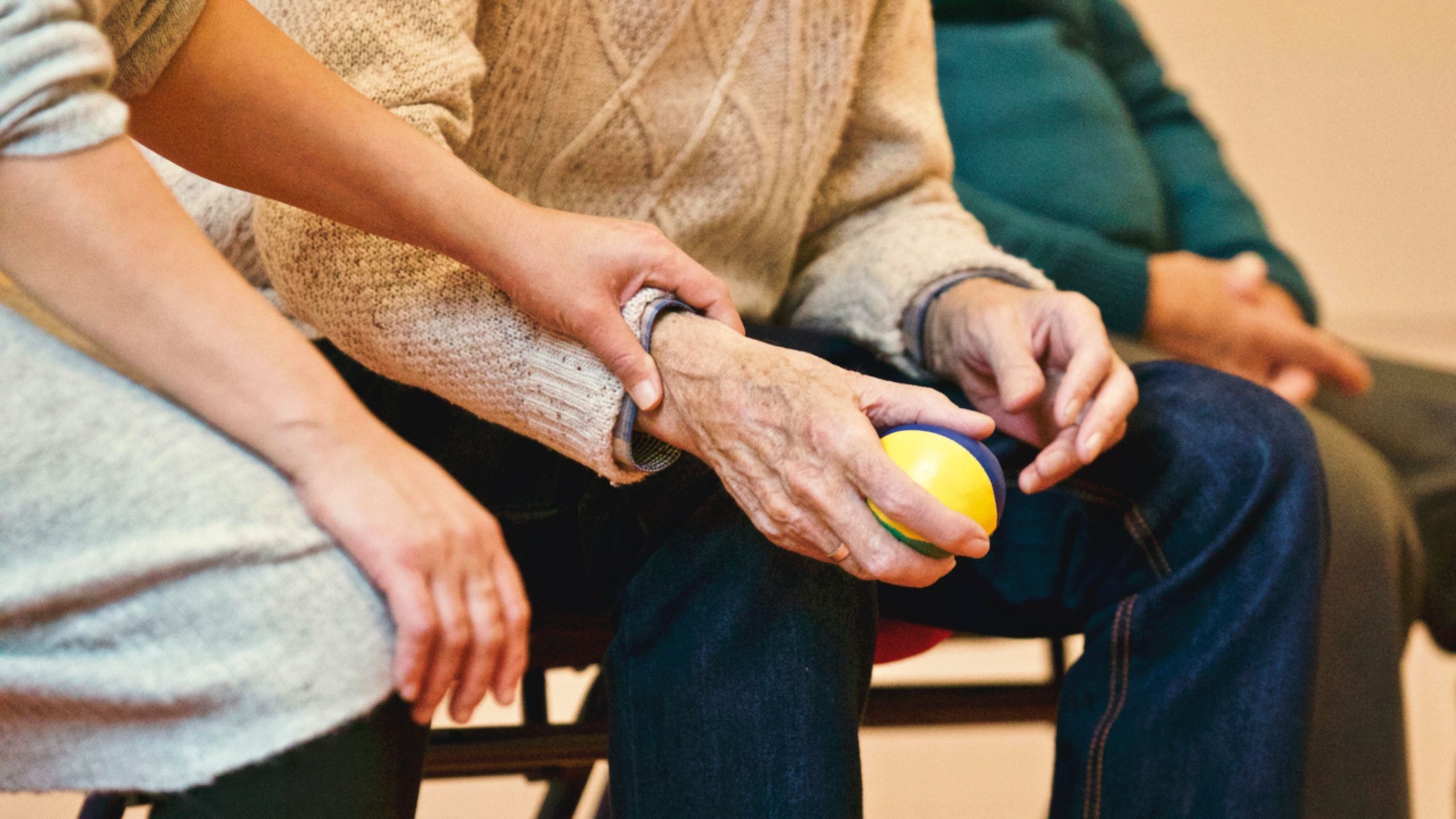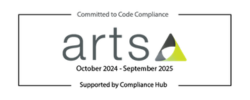Insulin delegation: A pilot to drive system change East Sussex Healthcare NHS Trust

The service
Prior to the launch of the NHS England and NHS Improvement voluntary framework forteaching and training health care workers (HCWs) to perform the delegated task of insulin administration to adults with type 2 diabetes. East Sussex Healthcare NHS Trust, in collaboration with Sussex Community NHS Foundation Trust, had run a successful pilot of insulin delegation in care homes and District Nursing. The pilot was carried out in October 2019 and covered the delegation to appropriately trained HCWs in residential/care homes of insulin administration using pens to adults with diabetes in the community who have either type 1 or type 2 diabetes. The success of the pilot led to the development of a guideline which was fit for local use and adhered to the best practices described in the framework.
Background
The number of older, frail, and comorbid people with diabetes requiring insulin therapy is increasing, and many are reliant on community services for the provision of this crucial intervention. This has resulted in additional pressure on already overstretched District Nursing workloads, especially in the background of the COVID-19 pandemic.
To manage this demand, appropriately trained and competency-assessed HCWs have been identified as capable to perform the delegated task of insulin administration to those people with diabetes whose glycaemic control is stable.
Delegated HCWs had to be compliant with the mandatory training required by their employer organisations. The HCW must also have completed the Diabetes in Healthcare online education from Diabetes UK and the Six Steps to Insulin Safety module from the Primary Care Diabetes Society.
The task could only be delegated once competency was signed off by an experienced Registered Nurse, who then acted as a mentor.
Following completion of the e-learning, the HCW was required to:
- Have knowledge of the diagnosis and treatment of both type 1 and type 2 diabetes
- Be able to demonstrate the correct procedure for performing blood glucose monitoring
- Be able to describe the effect of insulin on blood glucose levels
- Administer insulin using the correct injection technique
- Have knowledge of hypoglycaemia and hyperglycaemia, and appropriate treatment
The pilot
Fourteen care homes and one respite care service in East Sussex were included in the pilot, which started in October 2019 .A total of 22 residents with diabetes were identified requiring a total of 46 daily visits by the District Nursing team to administer insulin. A total of 90 staff from the 14 care homes and one respite facility completed the online training prior to their face-to-face assessment of competency. Competency had to be checked at least once per resident and typically three times for a new carer/resident every two years.
Summary
The following benefits were identified:
Cost and time saving for District Nursing
The pilot resulted in 5,425 hours saved from the District Nursing caseload per year. The pilot demonstrated a saving of £75,570.
Cross-sector working
The pilot was designed in close collaboration with the District Nursing team, the Health and Social Care representative, the diabetes specialist team and MOCH. This resulted in the care provision for these patients undergoing multisectoral discussion and agreement.
Benefit to residents and patient-focused care
HCWs can provide this care without the delays in the delivery of insulin that had been previously identified. It also helps to reduce issues relating to the incidence of acute diabetes complications (i.e.hypoglycaemia and hyperglycaemia). As a result of the pilot, insulin delegation is now being considered at a Sussex level.
Comments
“Insulin delegation has been an incredibly positive experience. Although it was quite stressful at the beginning as I was concerned that errors might happen, this has not been the case. I do still provide a resource pack. I feel that the care homes do need information that they can refer to when they are unsure or need reminding about procedures and hypos, etc.” - District Nurse
“The whole process of moving the administration of insulin task from community nursing to the healthcare team has given us a much better awareness of diabetes and an opportunity to discuss our learning gaps with an expert. It took a couple of weeks to competency-check all the senior HCWs, which was plenty of time to gain confidence and provide mutual support to each other.” - Care Home Manager
“It was quite daunting to start with, but the bonus of administering insulin at a time the resident wants it, is huge, and reducing the footfall into the home has been a necessity in the last 15 months.” - Care Home Manager
“I’m partially sighted and was unable to dial up the insulin accurately – having the carers that I am familiar with has been great, and my diabetes and sugar levels are now much better controlled. If they didn’t do it, I may have had to move to a different care facility that provided nursing care.” - Care home resident
Authors of A collaborative approach to insulin delegation: A pilot to drive system change:
- Erwin Castro, Diabetes Nurse Consultant, East Sussex Healthcare NHS Trust
- Hannah Syed, Diabetes Lead Pharmacist and Practice Pharmacist, East Sussex Healthcare NHS Trust
- Kayt Blythin, Principal Clinical Pharmacist, Sussex Community NHS Foundation Trust and Medicines Optimisation for Care Homes–East Sussex
- Suzanne Stone, Head of Nursing, Community Health Integrated Care Division, East Sussex Healthcare NHS Trust



)
)
)
)

)
)
.jpg/fit-in/1280x9999/filters:no_upscale())
.png/fit-in/1280x9999/filters:no_upscale())
)
)
)
